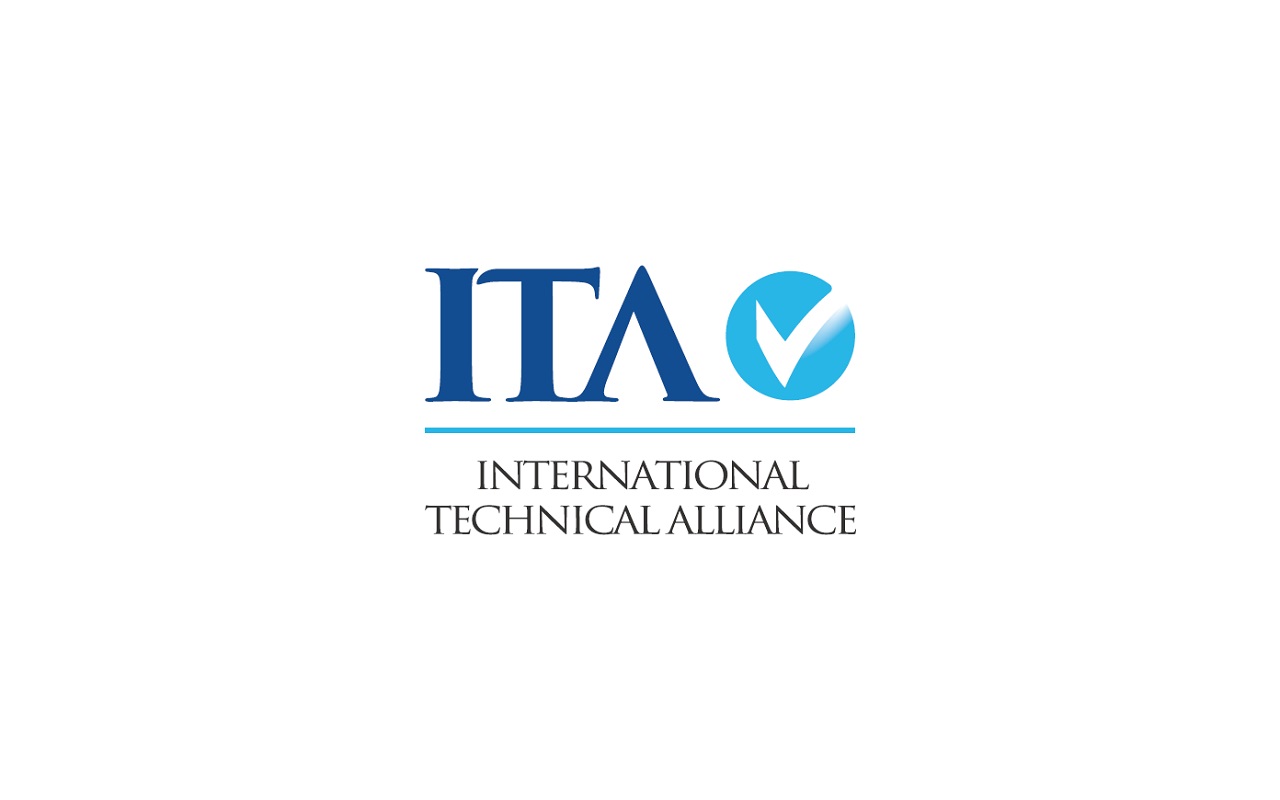Based on joint communiqué by IAF and ISO, on 22.02.2024 ISO published updates of ISO Management Systems Standards in order to address the “Climate change” aspect of management systems’ certification requirements.
Amended are clause 4.1 Context and clause 4.2 Interested parties where the following requirements are added, respectively: “The organization shall determine whether climate change is a relevant issue.” and “NOTE Relevant interested parties can have requirements related to climate change.”
This requires that certified organisations should ensure that they have considered Climate Change aspects and risks within the development, maintenance, and effectiveness of their own management system(s), separately for each management system operated, if there is more than one implemented. Climate Change, along with other issues, should be determined as relevant or not and if so, considered within an evaluation of risk, within the scope of the management systems standards.
Effective immediately, our certification body will verify how ISO certified organization have addressed these requirements.

